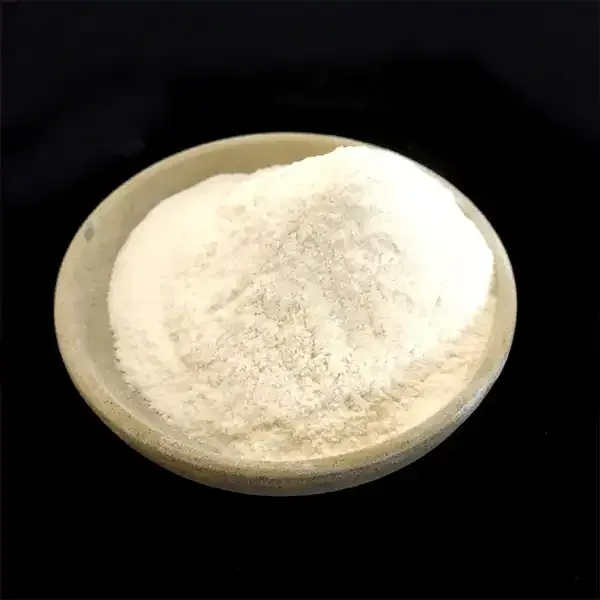Exploring the Benefits of HPMC A Guide to Availability and Applications
Hydroxypropyl Methylcellulose (HPMC) is a versatile and essential compound widely used in various industries, ranging from pharmaceuticals to construction. Due to its unique properties, such as water solubility, thickening, stabilizing, and film-forming capabilities, HPMC has become a sought-after ingredient for various applications. This article aims to explore the importance of HPMC, its benefits, and its availability for sale in the market.
What is HPMC?
HPMC is a cellulose derivative, specifically modified to enhance its solubility and performance. It is synthesized from cellulose, a natural polymer found in plant cell walls. The hydroxypropyl and methyl groups are introduced to create a compound that exhibits superior functional properties. These modifications enable HPMC to dissolve in cold water, forming a viscous solution that can act as a thickener or binder.
The Versatile Applications of HPMC
1. Pharmaceuticals In the pharmaceutical industry, HPMC is commonly used as a binder in tablet formulations. Its ability to control the release of active ingredients makes it a popular choice for controlled-release medications. Furthermore, HPMC is utilized as a filler in capsules and as an emulsifying agent in liquid formulations.
2. Food Industry HPMC is recognized as a food additive, where it serves as a thickening agent or stabilizer in various products. It is often used in salad dressings, ice creams, sauces, and baked goods, improving texture and shelf-life. As consumers become more health-conscious, the demand for natural and gluten-free alternatives has increased, further driving the use of HPMC in food applications.
3. Construction In construction, HPMC is an essential component in tile adhesives, cement mortars, and other building materials. Its water retention properties help to improve the workability and adhesion of these materials, making it easier to apply and providing stronger bonds. Moreover, its ability to prevent cracking during drying processes enhances the durability of construction materials.
4. Cosmetics and Personal Care The cosmetic industry also benefits from HPMC’s properties. It acts as a thickener, stabilizer, and emulsifier in lotions, creams, and gels. Its non-toxic nature and ability to form a protective film on the skin make it a valuable ingredient in personal care products.
5. Agriculture HPMC is becoming increasingly popular in agrochemical formulations, serving as a suspension agent for pesticides and fertilizers. Its ability to improve the distribution and adhesion of these substances on plant surfaces enhances their effectiveness.
hpmc for sale

Availability for Sale
Finding HPMC for sale is relatively straightforward due to its widespread usage across various industries. Numerous suppliers and manufacturers offer HPMC in different grades and specifications to meet specific application requirements. Buyers can find HPMC in powder form, which can be easily dissolved in water to create solutions tailored to their needs.
When searching for HPMC, it’s essential to consider the following factors
- Purity Ensure that the HPMC product meets the required purity standards for your intended application, especially in pharmaceuticals and food products.
- Viscosity Different grades of HPMC exhibit varying viscosity levels. Selecting the appropriate viscosity is crucial for achieving the desired thickness or stability in your formulation.
- Certification Look for suppliers that provide certifications, such as FDA approval for food and pharmaceutical uses, or ISO certifications for quality assurance.
- Sample Availability Many suppliers offer samples for potential buyers to test before committing to a larger order. This is a valuable option for those who are unsure about the product's performance.
Conclusion
In conclusion, Hydroxypropyl Methylcellulose is a multifunctional compound with a wide range of applications across various industries. Its unique properties make it invaluable in pharmaceuticals, food, construction, cosmetics, and agriculture. As the demand for HPMC continues to grow, its availability in the market remains robust, catering to diverse needs and preferences. When seeking HPMC for sale, it is crucial to consider factors such as purity, viscosity, and supplier certifications to ensure the best results for your specific applications. With the right source, HPMC can be an excellent addition to enhance product performance and quality.




